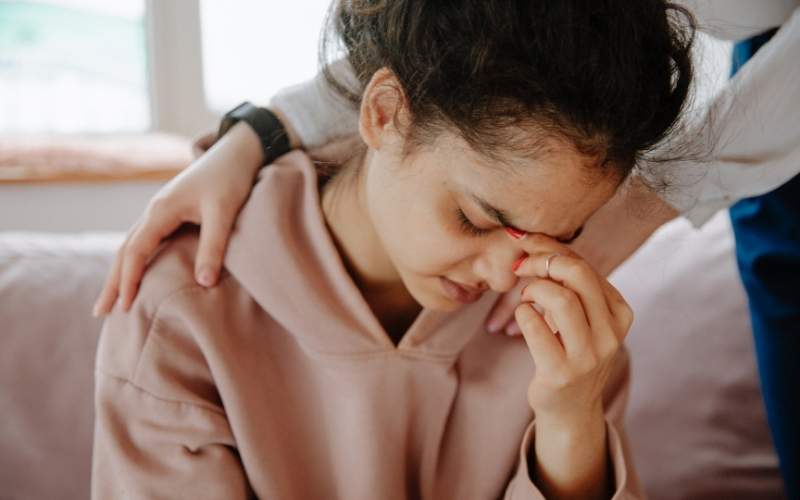What is Intimate Partner Violence (IPV)? The CDC defines IPV as a serious, preventable public health problem that affects millions of Americans. It describes physical or sexual violence, stalking, and/or psychological harm by a current or former partner or spouse. You may hear the terms “intimate partner violence” and “domestic violence” used interchangeably.
You Might Also Be Interested In
In 2020, there were 41 intimate partner violence homicides in the state of Maryland. This number includes intimate partners, as well as three bystanders. Three of those homicides occurred in Frederick County, a stark increase over previous years. Heartly House received 6,851 calls on our Hotline, a 13% increase over the previous year. Nationally, more than 1 in 3 women (35.6%) and more than 1 in 4 men (28.5%) have experienced sexual violence, physical violence and/or stalking by an intimate partner in their lifetime.
Intimate partner violence happens to individuals, but the ripple effect of IPV reaches families, communities, businesses, schools, and beyond. There is a high likelihood that you know someone who has been impacted by IPV, even if no one has ever disclosed that information to you. The numbers can be daunting, and it can feel like there’s little you can do to fight a violence that is both pervasive and hidden.
Intimate partner violence is a public health issue, and it will take a public effort to shift societal norms and make real and lasting strides in preventing IPV all together. There is hope, and you can help. Read on for five things you can do to join the fight against intimate partner violence.
This article is sponsored by Heartly House.

Get the Word Out
You can find many different ways to assist local shelters and organizations that support survivors of IPV. By joining in their efforts to raise awareness within the local community, you are getting involved in the fight against this type of violence. This could involve organizing talks at your workplace, volunteering, or organizing groups. Locally, Heartly House staff are available to do workshops and programs for companies, clubs, churches, or even a group of neighbors. No matter which approach you take, you are helping to advance a very important conversation.
Believe Survivors
When a survivor comes forward to share their story, they need a safe space to feel comfortable and be heard. It is on each of us to help survivors to break the cycle of abuse. Conversations surrounding the victim’s clothes, sexuality, and sobriety are not relevant. Do not victim-blame or ask why they stayed in their relationship. Simply express that you believe, hear, and stand with survivors. Teens in abusive relationships are more likely to leave if they have just one trusted adult they can talk to.
Learn the Signs
Education is key to the fight against intimate partner violence. In order to get involved, you must know what to look for. Domestic violence can happen to individuals of all different backgrounds and while abuse sometimes begins early on in a relationship, it could also occur later. However, there are common warning signs to look out for, and being aware of these red flags can help you to protect both yourself and others.

Be a Resource
While being confined to a living situation with their abuser, many survivors may be unable to research local shelters, resources, safety plans, etc. You can offer to help with this by doing the necessary research and legwork. This could also involve gathering items a survivor may need to take with them and setting up necessities like cell phones. These actions can help ease the amount of stress that survivors experience and help them significantly.
Advocate for Change
Take steps to address intimate partner violence issues both on a local and larger scale. While domestic violence affects individuals, if we address what is going on in society, we can prevent violence from occurring. You could choose to take some time each month to write letters to political officials, police chiefs, and public defenders about IPV issues. You could also encourage local schools to provide education on violence prevention. There are many ways to advocate not only for survivors but for structural change within our society.
Are you or someone you know the victim of intimate partner violence? You don’t have to face it alone. Heartly House is a nonprofit resource that supports victims, survivors, and those impacted by IPV in the Frederick County, Maryland region. If you need assistance, call Heartly House at 301-662-8800.

Kim is the owner and publisher of Sass Magazine, as well as the owner of Sass Studios, a boutique graphic design studio in Frederick, MD. When not in the office, Kim can be found doing some of her favorite hobbies—reading a book, dancing, traveling, or playing with her rescued pitbull.





















What do you think?